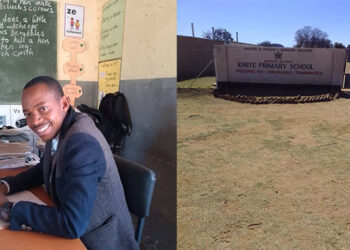The ongoing cholera outbreak in Harare and Bulawayo has raised alarms among health experts and lawmakers, who are urging the Zimbabwean government to treat the water crisis in these cities as a national disaster to facilitate urgent external assistance and funding for water and sanitation infrastructure improvements.
Despite the government having declared the end of a previous cholera outbreak in July 2023, which claimed over 700 lives and affected more than 34,000 individuals, precarious water conditions persist, driven by inadequate infrastructure, dwindling dam levels, and chronic foreign currency shortages for purchasing water treatment chemicals.
Lawmaker Rita Ndlovu emphasized the need for substantial reform in the water reticulation systems, specifically calling for enhanced funding and prioritization of water-related activities, while community leaders warn that the ongoing water scarcity has led to serious public health risks, including the resurgence of preventable diseases such as cholera, typhoid, and diarrhea.
Additionally, there are socio-economic repercussions, such as increased vulnerability for women who face personal safety threats when seeking water or using inadequate sanitation facilities.
The government’s current stance, as articulated by Justice Minister Ziyambi Ziyambi, dismisses the notion of an emergency declaration on the grounds of local authority mismanagement, even as the crumbling infrastructure continues to strain the resources of a population that has surged to approximately 4.5 million in Harare since the original piped water systems were designed in the 1950s for only 300,000 people.
A long-promised solution, the Gwayi-Shangani Dam project, continues to face delays, further complicating the already dire water situation in Zimbabwe’s major urban centers.
SOURCE : NEWSREPORTZIM.COM










